June is synonymous with Pride celebrations, and UK high streets are no strangers to rainbow-coloured displays. However, with the LGBTQIA+ community’s purchasing power on the rise and increased consumer awareness, Pride marketing in British retail faces a critical evaluation. Are companies capitalising on a commercial opportunity, or are they demonstrating genuine support for the community?
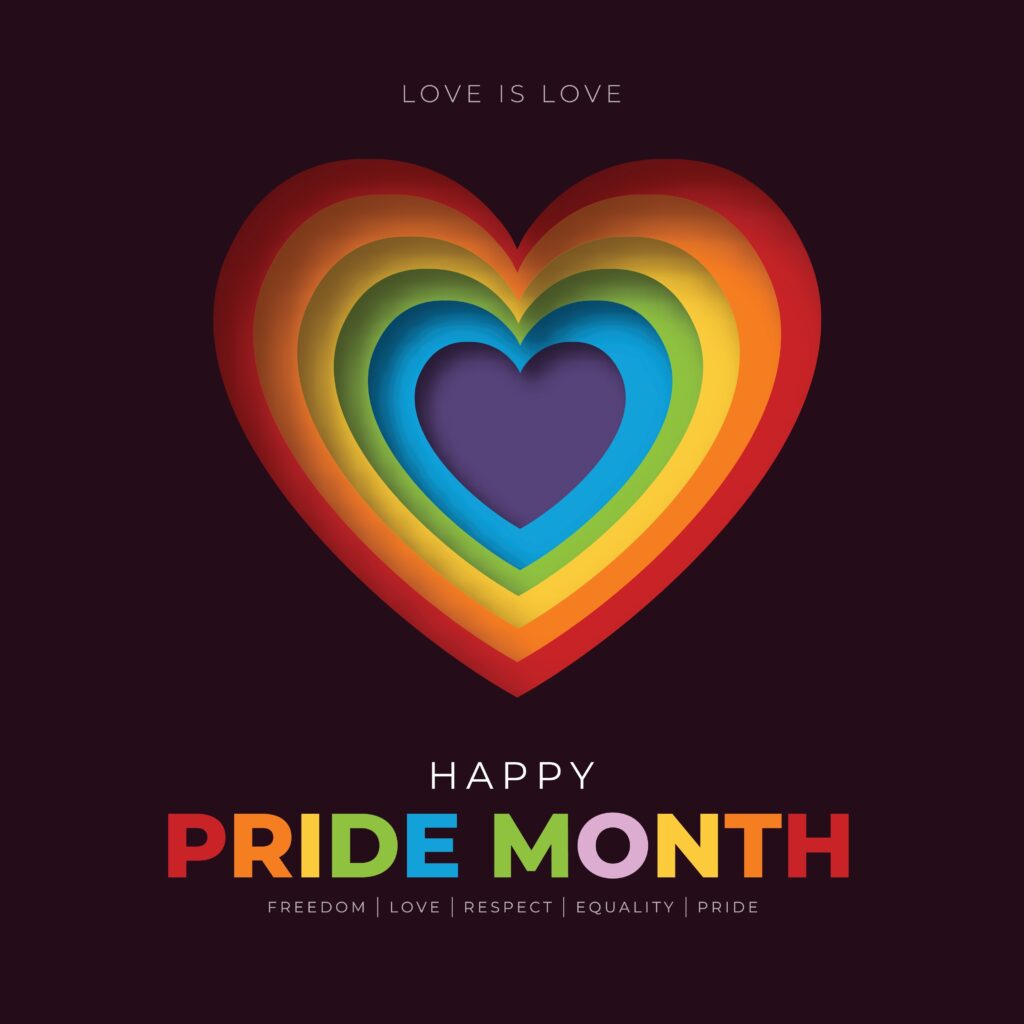
The Power and Pitfalls of Pride Marketing
There’s no denying the economic power of the LGBTQIA+ community. Yet, the 2023 Pride season saw a backlash against brands perceived as insincere. Customers questioned the sudden appearance of rainbow merchandise, often poorly designed and unrelated to the core product, mainly when it wasn’t backed by concrete actions supporting LGBTQ+ rights. This “rainbow-washing” left a bad taste in many mouths.
“Rainbow-washing” is performative activism in which companies appear to support Pride but don’t back it up with real actions. To genuinely support the LGBTQIA+ community, retailers must move beyond token gestures, such as changing their logos to rainbow colours for a month. The LGBTQIA+ community has spoken out against this superficial approach, but without proper integration in the industry, how can this change?
Looking over the rainbow from people outside the LGBTQIA+ community can be very difficult, which is why it is paramount to look to those inside for guidance. While many will want to produce a great Pride campaign, how could you do that if you’re not involved?
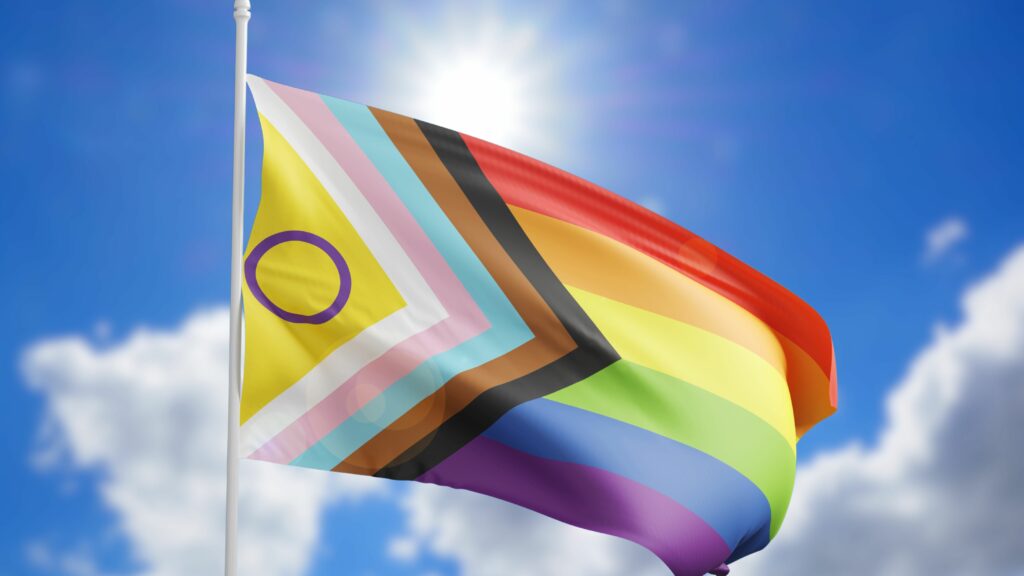
Here are some easy wins for Pride Campaigns:
Authenticity is Key: Rainbow-washing is easily spotted by British consumers. Partnering with established LGBTQIA+ organisations with a history of advocacy, like Stonewall or akt, goes a long way. Creating campaigns celebrating diversity beyond June, featuring LGBTQIA+ models and employees in everyday marketing materials, and ensuring their stories are authentically represented are ways to show genuine support.
Long-Term Commitment: Pride shouldn’t be a one-month marketing blitz. Retailers can demonstrate long-term commitment by fostering inclusive workplace environments, offering gender-neutral toilets, or expanding size ranges to be more inclusive. It is crucial to donate proceeds to LGBTQIA+ causes year-round and ensure those causes align with the company’s values. This commitment should be reflected in marketing campaigns and company policies, employee training programs, and clear communication of those values to all stakeholders.
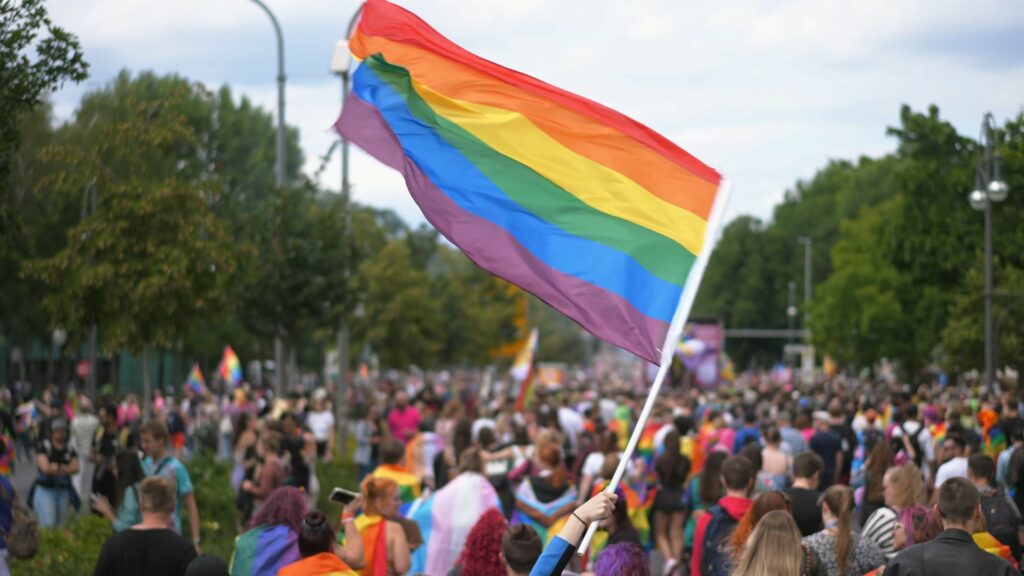
Consumer Insights Matter: Understanding the UK’s LGBTQIA+ community’s diverse needs and preferences is crucial. Working with LGBTQIA+ influencers who resonate with specific demographics or conducting surveys with LGBTQIA+ consumer groups can help tailor marketing campaigns for better resonance. For example, a campaign focused on supporting LGBTQIA+ youth in sports might look very different from one targeting same-sex couples planning their civil partnership.
Beyond Marketing: Retailers can also educate their staff about LGBTQIA+ issues and create a welcoming in-store environment for all customers. This can include implementing gender-neutral fitting rooms, training staff on using inclusive language and respecting customer pronouns, and having a clear policy on handling customer complaints about discrimination.
Building Community: Partnering with local LGBTQIA+ organisations for events or in-store promotions can foster a sense of community and demonstrate genuine support. This can range from hosting book signings with LGBTQIA+ authors to offering discounts for local Pride events.
Remember Controversy
It’s important to acknowledge the complexities within the LGBTQIA+ community. Some companies face boycotts for funding organisations or political parties that oppose LGBTQIA+ equality. Be mindful of your partnerships and ensure they align with your commitment to diversity and inclusion.
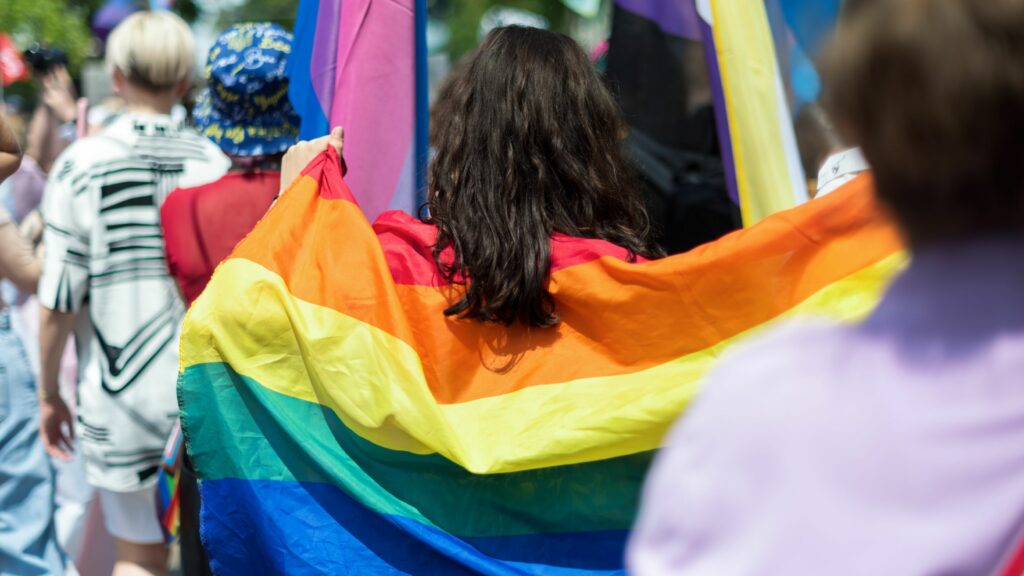
A Shining Example: Culver Square Shopping Centre 2024
Culver Square Shopping Centre is hosting a month-long Pride 2024 pop-up by KALEIDOSCOPE, a local LGBTQIA+ project based in Colchester. KALEIDOSCOPE is a non-profit LGBTQ+ project, and they will be hosting a fun pop-up month-long event. Running from 1st to 30th June, every Friday – Monday at Culver Square, the event promises an inclusive experience celebrating the local LGBTQ+ community’s creativity and diversity.
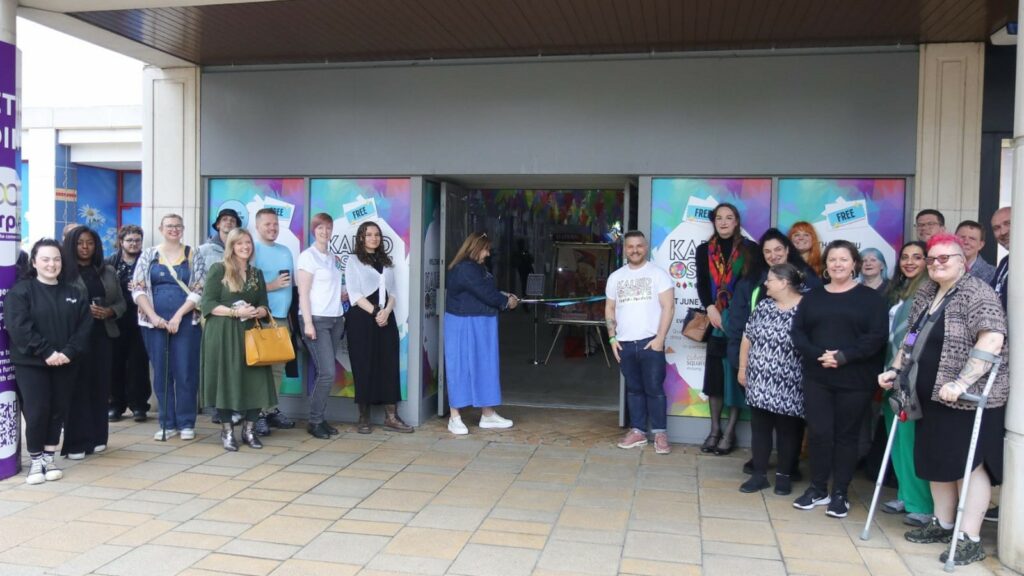
There will also be various interactive experiences, including an art gallery, poetry wall, drag costume display, cosy corner and craft spaces supporting local charities such as Colchester Pride, Open Road, The OutHouse, and Colchester Engagement & Next Steps. What makes this a great collaboration is that the community and KALEIDOSCOPE are at the heart of it – there is a real focus on supporting queer people and their work and welcoming it into the space.
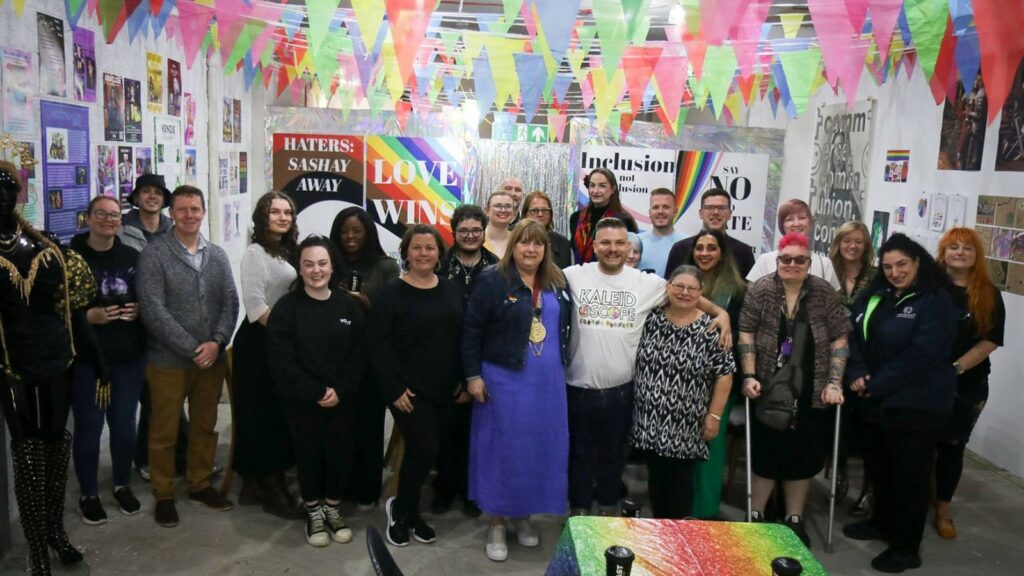
In conclusion
The retail industry is at a crossroads. Pride marketing can be a powerful tool for promoting inclusivity, but it must be done thoughtfully and with a long-term commitment to creating a welcoming space for all.
By prioritising authenticity, long-term commitment, and consumer insights, retailers can balance celebrating diversity and creating a loyal customer base. After all, in today’s world, consumers are looking to support companies whose values align with their own. True inclusivity goes beyond the bottom line; it’s about creating a culture of respect and acceptance that benefits everyone.
